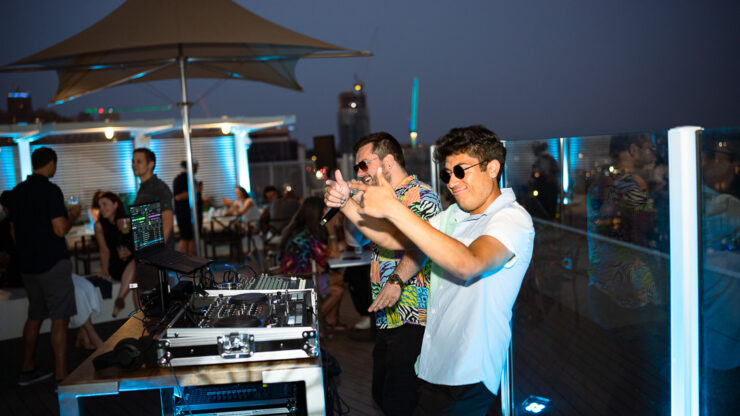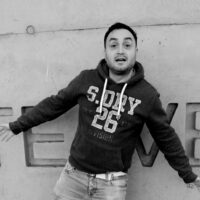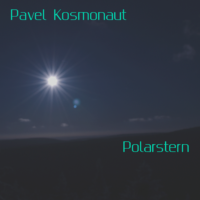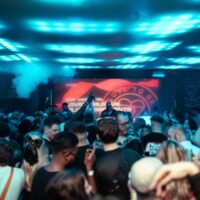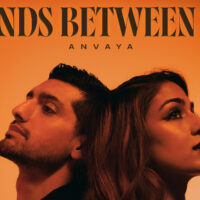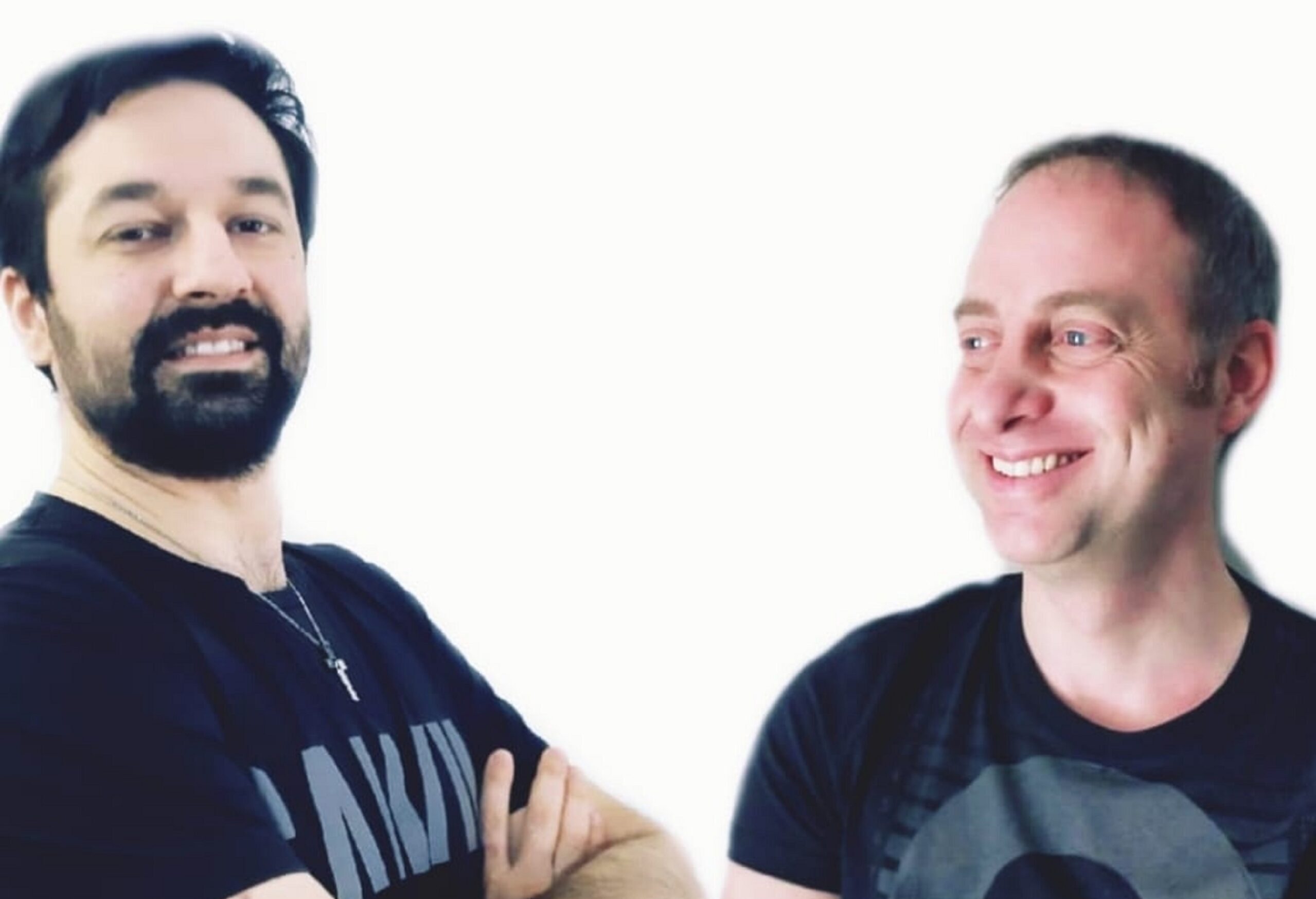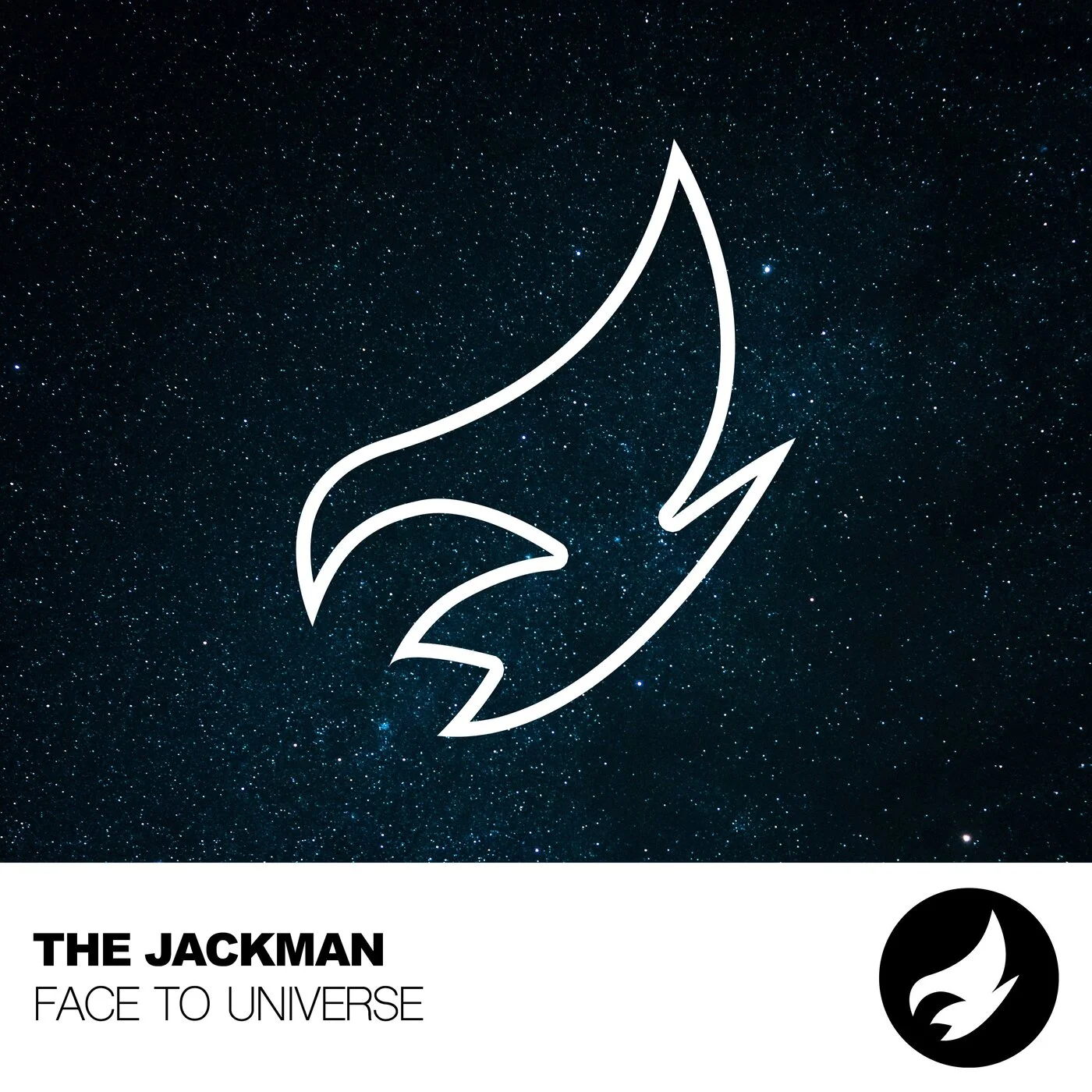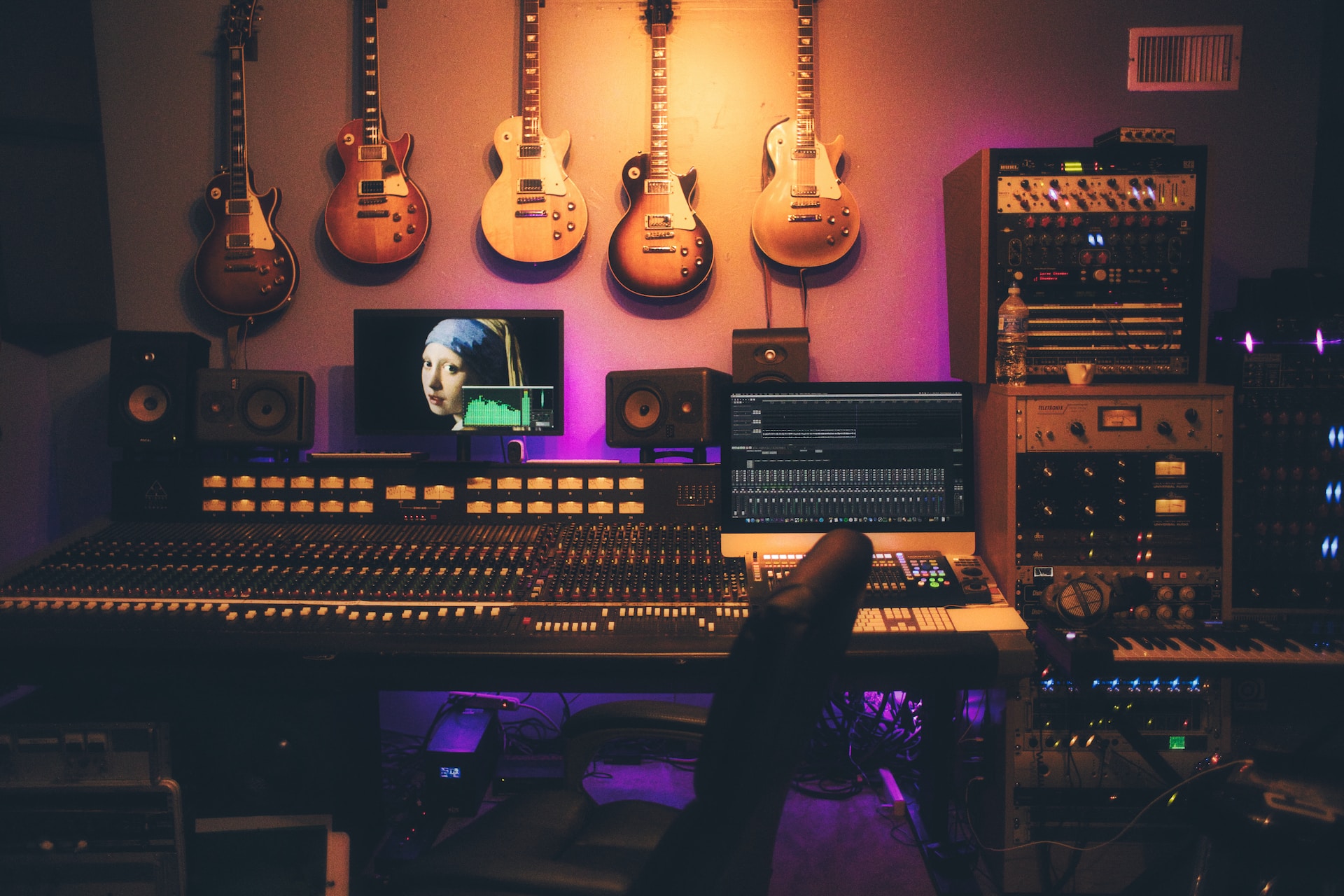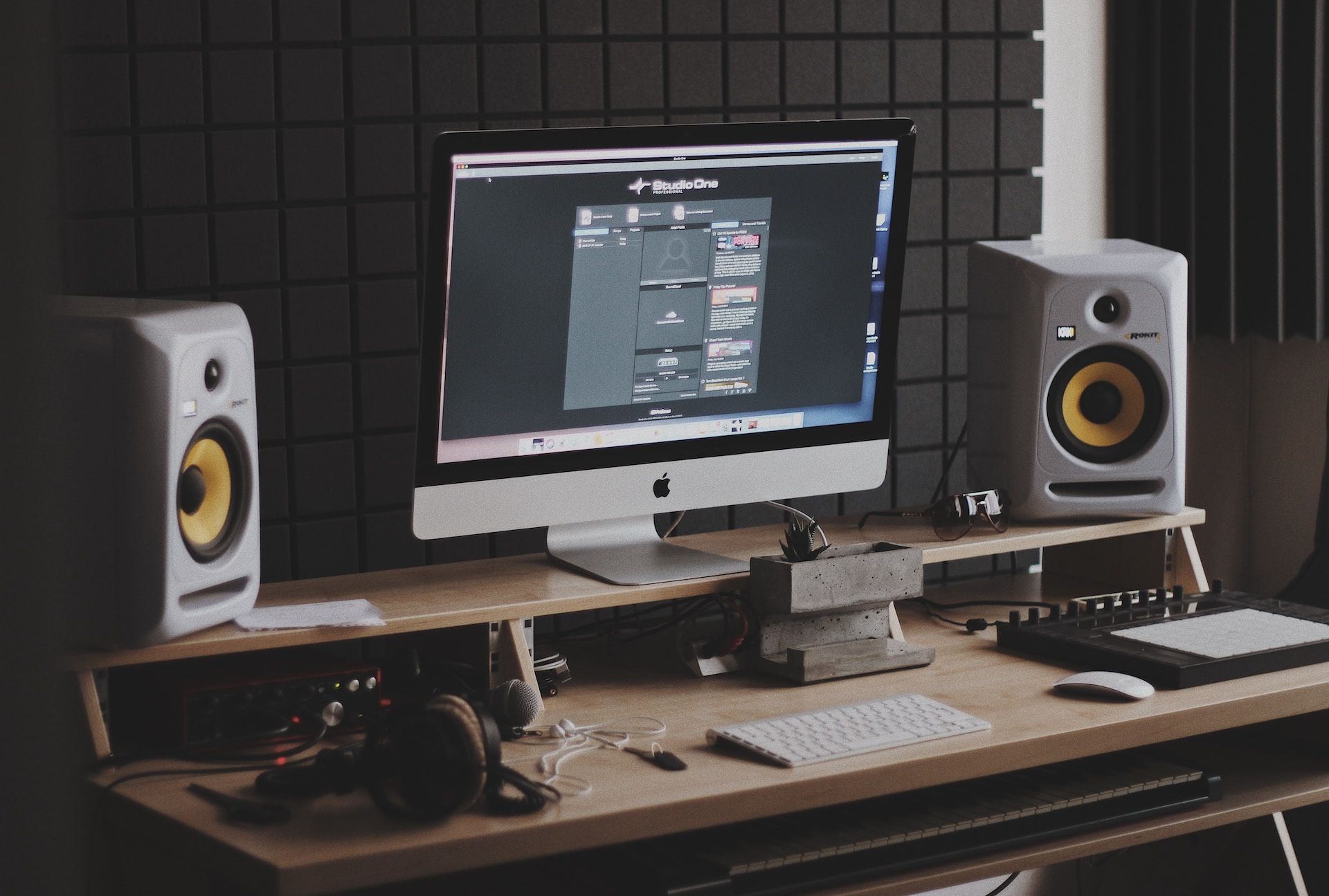Electronic Music duo Jaeza is all about combining two unique approaches to create one cohesive sound; combining John’s background in Classical Music and Josh’s DJ mindset, the pair has been working towards developing their production style, aiming to uphold their creativity and originality to create music that spotlights their approach and defines their signature sound.
In this interview, Jaeza shares their journey, how they work together in the studio, and some of the key lessons they’ve picked up along the way.
Hi Jaeza, how’s it going?
Great! Excited for the new year!
To begin, how do your individual musical backgrounds influence the way you approach production as a duo?
Josh – I’d say I definitely approach production through the lens of a DJ. I tend to think more linearly than John when putting a track together, which creates an interesting dynamic between us. I’m always considering how certain parts of the track will mix in or out during a set, or how the song’s elements will hit in a live setting. It’s all about creating moments that really resonate on the dancefloor.
John – I’m more of a classically trained musician – I’m decent on a few instruments, but piano is where I feel at home. Growing up, I played a lot of blues and jazz, so that vibe definitely sneaks its way into my music. That said, and to Josh’s point, I tend to be a little more amorphous when it comes to production. I like to let the music guide me, if that makes sense—kind of letting it unfold naturally. Sometimes it feels like you’re just going in circles, but other times it leads to something unexpectedly cool.
What’s the biggest lesson you’ve learned since you began producing music together?
Josh – To be patient and consistent. We’re both talented, just let the music flow.
John – I’ve learned that less is more. I have a bad habit of overcomplicating things—adding too much movement or too many layers. Over time, I’ve realized the beauty of music lies as much in silence as in the sound. The notes you don’t play can say just as much as the ones you do.
When you’re working as a duo, how do you divide roles in the studio? Is there a specific dynamic you follow?
Josh – We don’t really have strictly defined roles—it’s a pretty fluid process. To keep things balanced and make sure one of us isn’t dominating the session, we set a timer for 20-40 minutes and take turns in the driver’s seat. It keeps the energy fresh and gives us both a chance to bring ideas to the table.
John – Yeah, we try to mix it up and keep it fresh. If you overthink it, the music can end up feeling stale. So, we’re always open to swapping roles and just seeing where the vibe takes us. It’s about staying emotive and in the moment.
What DAW do you use, and why?
Josh – We use Logic mostly because John was already comfortable with it when we started working together. At the time, I wasn’t familiar with any DAWs, so it made sense to roll with what he knew.
John – I’ve been using Logic for as long as I can remember, so it’s second nature to me. I’ve dabbled with Ableton, but once you really know your way around a DAW, switching feels like starting over. Logic has so much functionality—it’s never left me wanting more.
What was the first track you produced together, and how did that process go?
Josh – Funny enough, the story behind that is kind of our origin story. During the pandemic—which, wow, feels like a lifetime ago—John had been working on music projects, while producing hadn’t even crossed my mind. He reached out, and we started reminiscing about those college days when we’d jam at his place. He invited me to fly out to Seattle to check out this studio he’d built in his backyard.
When I got there, he showed me all of his gear, opened up Logic, and said, “Alright, let’s jam.” We started working on this track we called ‘Workin’.’ And honestly? We were like, “Hey, this isn’t awful—maybe we can actually do this!” I’m not sure we’ll ever release or even finish that track, but it’d be fun to revisit one day.
John – It’s crazy to think back to that first track. We’ve come such a long way since then that it’s a little hard to listen to now, but there was something there—something that sparked the idea that we could actually do this. That chemistry we felt in the early days is what pushed us to keep learning and evolving.
How do you balance the technical side of production with maintaining a creative flow?
Josh – Honestly, the technical side can be just as fun as the creative side—and sometimes the creative side can be just as frustrating as the technical side. It’s all about taking things one step at a time and not getting too hung up on a single idea. You’ve got to let the process flow and trust that both sides will come together in the end.
John – 100%. You really can’t force creativity. When I’m in the zone, I try not to overthink and just let the ideas flow. But on days when the creative spark isn’t there, I shift gears and focus on the technical side—cleaning things up, tweaking effects, or organizing sessions. It’s all about working with whatever energy you’ve got at the moment.
Did either of you have formal training, or was it more of a self-taught journey?
Josh – I took music lessons growing up—piano and guitar—but stopped when I was in high school. Since then, it’s been all self-taught and learning through friends along the way.
John – I’ve had formal training since I was a kid and even studied music through college, but I’ve always gravitated toward improvisation. Sight-reading never came naturally to me, so I learned to trust my ear and instincts, which gives my process this mix of structured and self-taught elements.
How do you deal with creative disagreements in the studio?
Josh – We definitely butt heads sometimes—it’s inevitable when you’re both passionate about an idea. Usually, we’ll keep refining it until we hit a version we’re both happy with. And if we can’t get there, we’re not afraid to scrap it and move on to something better. The best part of our dynamic is that we really trust each other’s ear and taste, so we know we’re always pushing toward the same goal.
John – I couldn’t have said it better.
Do you have any favourite plugins, synths, or hardware that you always reach for in your productions?
Josh – Serum and everything in the FabFilter suite are gold.
John – Yeah, I always find myself reaching for something in the Fabfilter suite – it’s really my go to for a lot of the classic effects, but I am also a big fan of Izotope’s Neoverb. I also like Nexus reFX because it just has a massive sound bank. You lose a lot of the ability to sculp an individual sound within it compared to something like Serum, but it’s a great place to start to just get ideas down on the page.
Finally, looking back, is there anything you wish you knew when you first started producing?
Josh – I wish I knew how important it is to just finish tracks, even if they aren’t perfect. When we first started, I spent way too much time obsessing over tiny details instead of focusing on getting the whole idea down. Also, learning how to step away and come back with fresh ears is huge—sometimes what feels like a mess one day ends up sounding great the next.
John – I agree with everything Josh said but also I wish I would’ve spent some more time learning all my plugins.
Jaeza’s approach to music production highlights the essence of collaboration; from staying open to new ideas to refining their process to balancing creativity with technical work, their insights offer a glimpse into what goes into their studio productions. With their sound continuing to evolve, it is clear that Jaeza is focused on growth and the joy of creating together, poised to build out their discography with music that will highlight their creativity and developing skillset. So, keep an eye out for this dynamic duo, following their journey across social media to stay updated on their upcoming releases and projects.
Jaeza Online
Instagram | Soundcloud | Spotify

